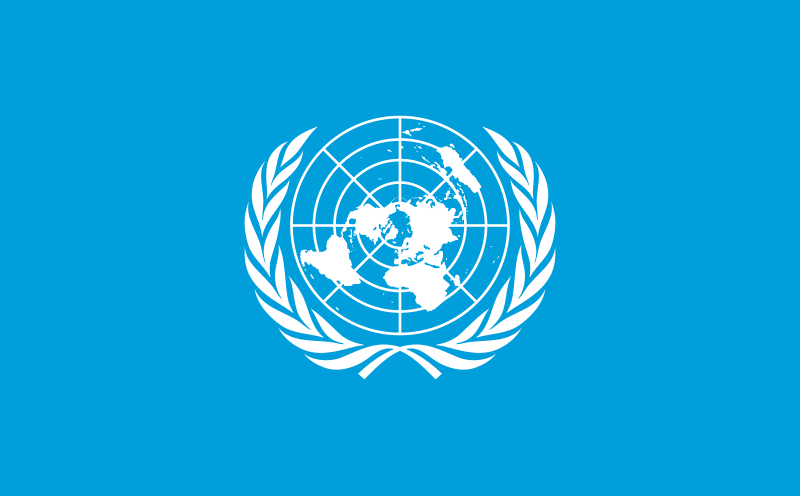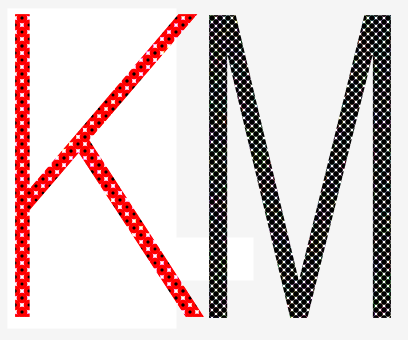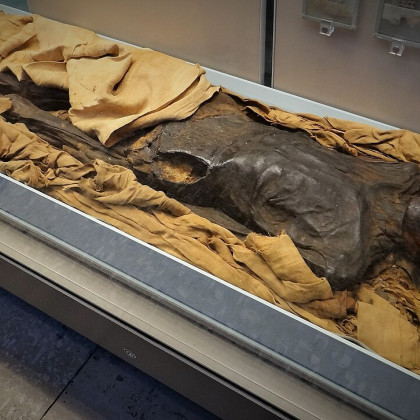Sierra Leone, Algeria elected to UN Security Council
1. Sierra Leone, Algeria elected to UN Security Council
Sierra Leone and Algeria have been elected non-permanent members of the UN Security Council representing Africa.
Sierra Leonean President Julius Maada Bio termed the election “a generational accomplishment” .
He said it “represented our unique success as a democratic and peaceful country of resilience” that had successfully transitioned from war to peace.
Guyana, Republic of Korea and Slovenia were also elected following a vote by the General Assembly on Tuesday.
The five will join Ecuador, Japan, Malta, Mozambique and Switzerland as non-permanent members of the Council.
The new members will take up their seats on 1 January and will serve until 31 December 2025.
The Security Council is composed of 15 countries, five of which - China, France, Russia, the UK and the US – are permanent members with a right to veto any resolution.
2.Senegal shuts consulates abroad after attacks
Senegal has temporarily closed its consulates abroad following attacks on diplomatic missions in Bordeaux, Milan, Paris and New York among others.
The foreign affairs ministry said in a statement on Tuesday that the precautionary measure followed “a series of aggressions that caused serious damage”.
It said the consulate in Milan had been particularly hard hit, with passport-making machines and identity cards damaged.
The closures come amid political tensions in Senegal following the sentencing of opposition leader Ousmane Sonko last week to two years in prison which led to deadly protests.
Italian media reported on Monday that about 40 Sonko supporters had gathered outside the consulate with flags and anti-government signs - breaking in and ransacking the offices before the police intervened.
Senegal's foreign ministry says consulate services will resume “as soon as material and security conditions allow”.
3.Ghana police fined for not complying with brutality probe
The police in Ghana have been fined more than $8,800 (£7,100) for failing to release information over alleged brutality in compliance with a directive by a commission.
Ghana's Right to Information Commission had directed the police to provide the information requested by the Commonwealth Human Rights Initiative (CHRI) Africa, an international non-governmental organisation that focuses on access to justice.
The commission in a statement said that the police had breached the law and imposed an administrative fine which the police are required to pay within 14 days.
It further stated that police had undermined the right of access to information. There will be an additional penalty interest of 10% if they fail to comply.
The police have often come under severe criticism and scrutiny over reports of brutality and rights abuse against individuals including journalists.
In most cases police personnel are hardly held accountable, perpetuating a culture of impunity.
4.Nigerian states cut working week to three days
Two state governments in Nigeria have reduced the working week to three days for state employees.
The move is to help them cope with increased petrol costs, following the federal government announcement to scrap fuel subsidies.
Nigeria is currently struggling to control the rising cost of transportation, which is affecting many citizens.
The Edo and Kwara states governments’ announcement will fuel debate in the public and private sectors about measures to help workers cope with the rising costs.
Public service staff across Nigeria work five days a week, but there’s still a lot of confusion about the fate of employees in the private sector where some are required to work for six days a week.
There are also indications that other states may adopt the new model.
Nigeria’s federal government has said it has set up a team to evaluate agreements reached with organised labour on how to reduce the impact of rising costs.
The unions shelved their planned strike action on Wednesday, following a court order.
5. Head of Nigerian Central Bank detained by police
Police in Nigeria say they've detained the governor of the country's Central Bank during an investigation.
On Friday, Nigeria's new president, Bola Tinubu, announced that he had suspended the governor, Godwin Emefiele, with immediate effect amid planned reforms in the financial sector.
At his inauguration last week, President Tinubu criticised Mr Emefiele's monetary policies and his handling of the Nigerian currency.
The naira has weakened progressively under Mr Emefiele's leadership.
Operations have been handed over to the bank's deputy governor.











Dodaj komentar
Komentiraj